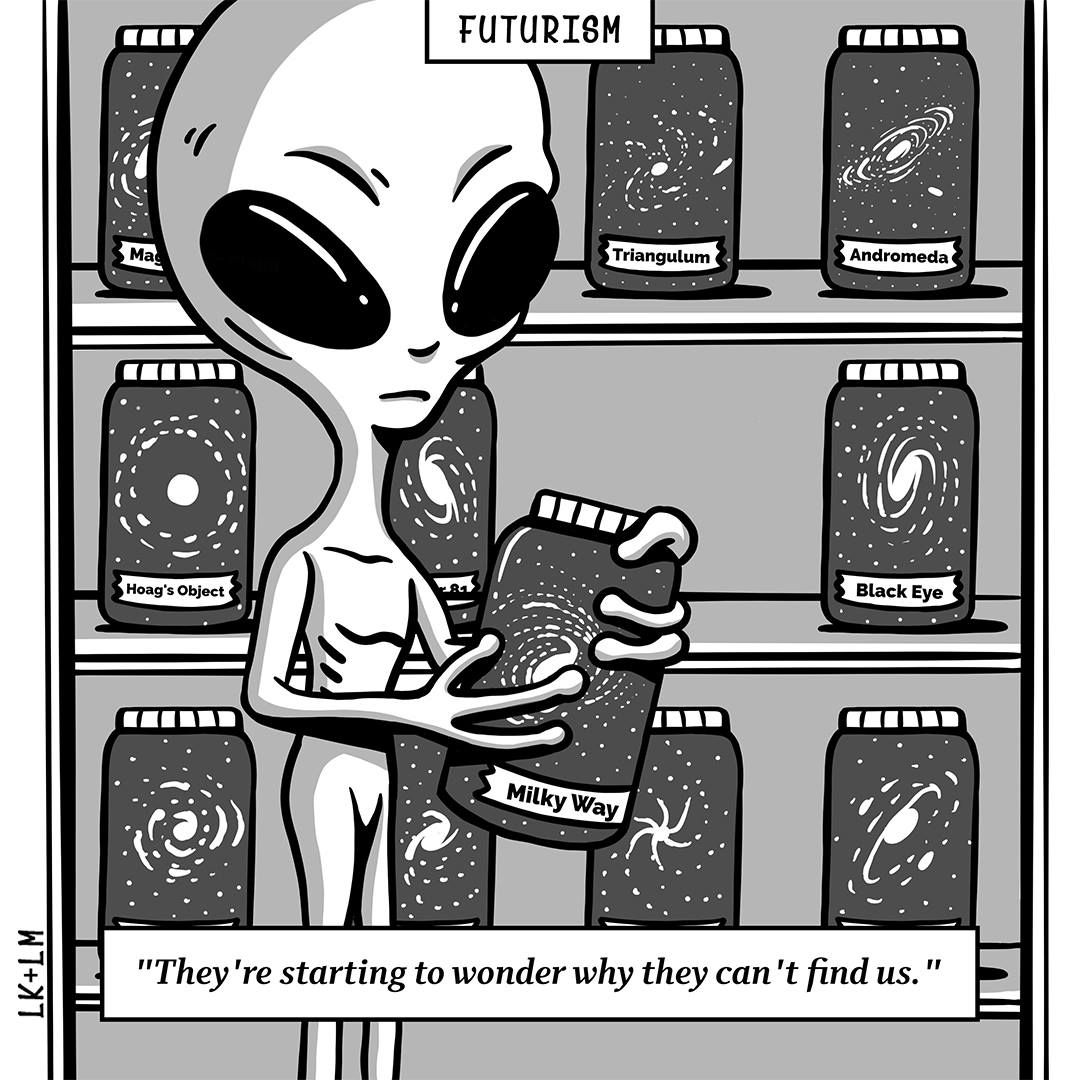Cancer is one of humanity’s biggest killers, but scientists are coming up with some creative ways to fight back. Researchers at the University at Buffalo have developed new kinds of nanoparticles that can infiltrate, heat up and kill cancer cells more effectively and efficiently than similar methods.
Using nanoparticles to fight cancer has become a growing area of research in recent years. The general concept is to get the particles into tumors, before activating them with radiation to trigger a reaction that destroys the cancer cells without harming healthy tissue. What kind of nanoparticle and radiation are used can vary, as can the type of reaction that’s triggered.
Previous work has killed tumors by activating CeF3 nanoparticles with X-rays to create toxic singlet oxygen, used infrared light to ramp up cancer’s pH balance, used laser pulses to heat up gold nanoparticles, or a combination of several of these.








